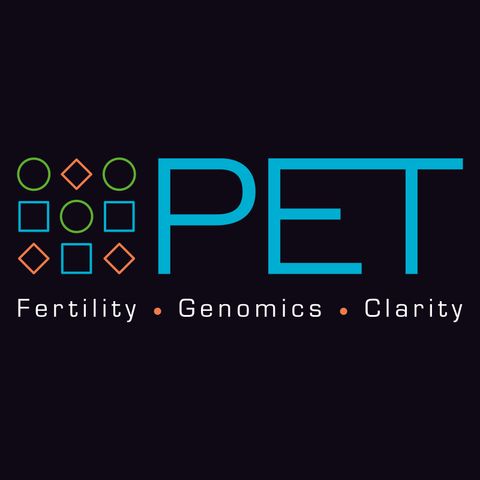
Contacts
Info
PET (the Progress Educational Trust) is an independent charity that improves choices for people affected by infertility and genetic conditions. On this podcast, you can hear the latest PET discussions...
show moreOn this podcast, you can hear the latest PET discussions of scientific, ethical, legal and policy issues in fertility, genetics, genomics and embryo/stem cell research.
These discussions feature experts and advocates from around the world, as well as contributions from patients and the broader public.

The Progress Educational Trust podcast
The Progress Educational Trust podcast
Progress Educational TrustPET (the Progress Educational Trust) is an independent charity that improves choices for people affected by infertility and genetic conditions. On this podcast, you can hear the latest PET discussions...
show moreOn this podcast, you can hear the latest PET discussions of scientific, ethical, legal and policy issues in fertility, genetics, genomics and embryo/stem cell research.
These discussions feature experts and advocates from around the world, as well as contributions from patients and the broader public.
Information
| Author | Progress Educational Trust |
| Organization | Progress Educational Trust |
| Categories | Non-Profit |
| Website | - |
| admin@progress.org.uk |
Copyright 2024 - Spreaker Inc. an iHeartMedia Company
